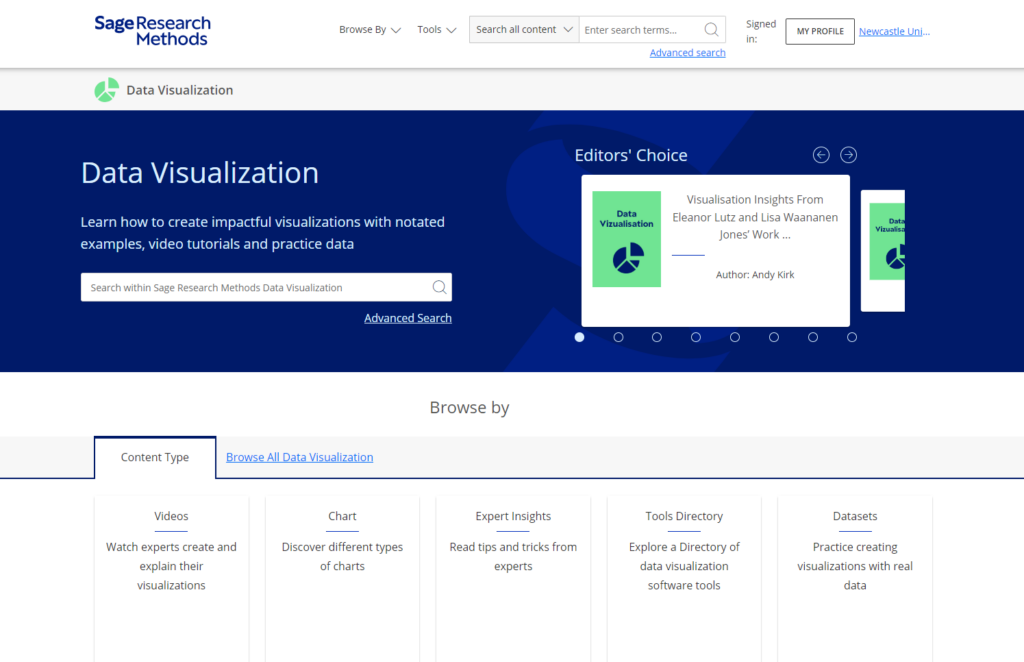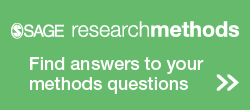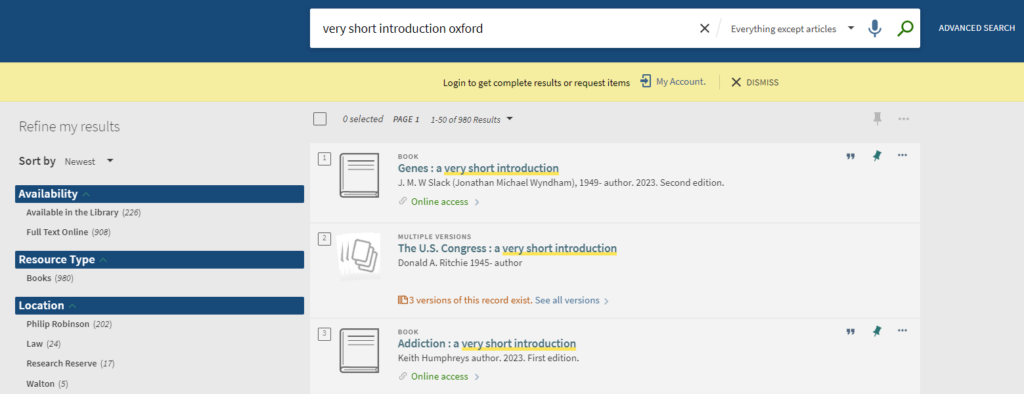Our Recommend a Book service for students allows you to tell us about the books you need for your studies. If we don’t have the books you need, simply complete the web form and we’ll see if we can buy them. For books we already have in stock, if they are out on loan please make a reservation/hold request using Library Search.
Further information about Recommend a book.
In Semester One, academic year 2023/2024 we successfully processed 16 requests in NUBS totalling just over £1851.
| A Guide to Port Sunlight Village: Third edition |
| Adaptive Cloud Enterprise Architecture |
| From Attention to Meaning: Explorations in Semiotics, Linguistics, and Rhetoric |
| Guidebook – Port Sunlight |
| Inside the Video Game Industry: Game Developers Talk About the Business of Play |
| Irresistible: the rise of addictive technology and the business of keeping us hooked. |
| Managing the Customer Experience: Turning Customers Into Advocates |
| Narratives We Organize By |
| Parkrun: An Organised Running Revolution |
| Parkrun: Much More Than Just a Run in the Park |
| Proceedings of the Twentieth Annual Conference of the Cognitive Science Society |
| The better Angels Of Capitalism: Rhetoric, Narrative, And Moral Identity Among Men Of The American Upper Class |
| The Hard Thing About Hard Things: Building a Business When There Are No Easy Answers |
| The Kindness of Strangers: Philanthropy and Higher Education |
| The Pornography of Meat |
| Virtuous Giving: Philanthropy, Voluntary Service, and Caring |










